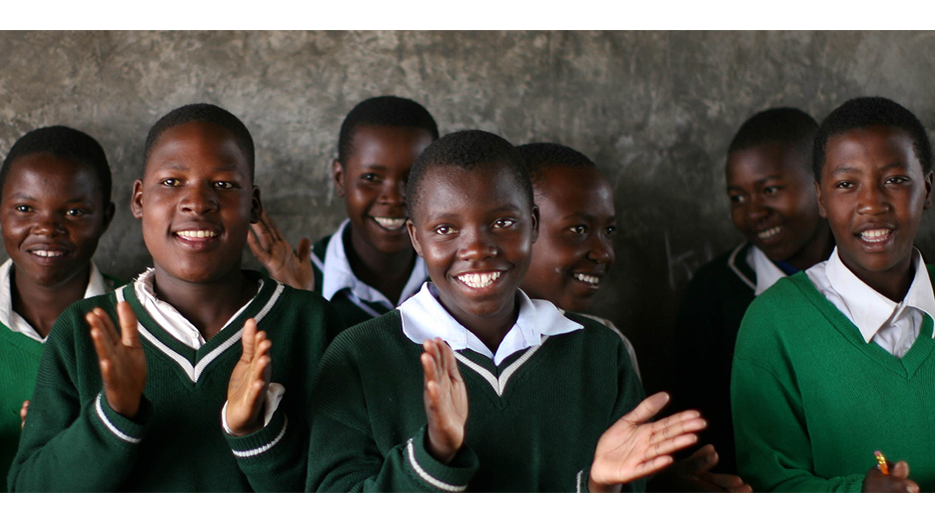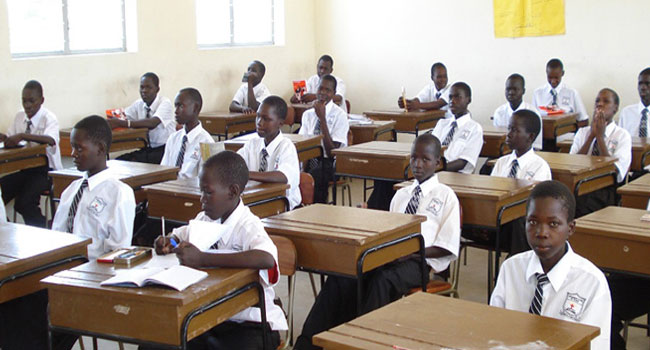
All academic institutions in Rwanda will open and resume physical tutoring starting Tuesday, February 23, ending the prolonged shutdown that particularly affected learning institutions in the capital Kigali.
According to the World Bank, at least 3.5 million students in Rwanda have been out of school due to restrictions imposed by the government to contain the pandemic.
Learning institutions had closed in March 2020 and had gradually reopened since November, but a second wave of the virus infections and surges in linked death from December saw many academies closed again on January 18 as the government locked down the capital.
With a decline in daily new cases and Covid-19-linked deaths for three successive weeks, the government has moved to relax restrictions.
“All schools, public and private, including universities, shall resume,” said the Cabinet statement issued on Friday night following a virtual meeting chaired by President Paul Kagame.
Rwanda recorded 65 new Covid-19 cases on Sunday, bringing the total positive cases to 18,053 since the pandemic first struck 12 months ago.
When schools closed in 2020, the government and partners broadcast lessons through various digital platforms including radio and television.
However, learners from disadvantaged families were locked out of these channels due to limited access to the internet and electronic gadgets.
“Many Rwandan students face difficulties in accessing remote learning, particularly those from poor backgrounds or rural areas… Lack of access to television, radio, the internet, educational programmes or learning materials were important reasons for failure to participate in remote learning,” said the World Bank in the latest Economic Update for Rwanda released recently.
The Ministry of Education adjusted the school calendar to cater for the lost time under the 2019/2020 academic year initially planned to end by September 2020.
The new calendar shows that learning for levels that resumed in November 2020 will go on until July 2021 while all the subsequent levels will complete their programme by September.
The government further eased restrictions on private businesses and restaurants and cafes are now allowed to operate with 30 percent occupancy limit and churches are now allowed to open for service with only 30 percent of their operational capacity.
Public gatherings, conferences and sporting activities remain banned while civil weddings and funerals can be attended by only 20 people. Tourism activities and the airport will continue to operate with strict adherence to Covid-19 guidelines.
The Cabinet resolutions will remain in effect until the next Cabinet meeting on March 15.
However, movement between Kigali City and upcountry remains limited to essential services.
The recent lockdown and restrictions on the movement of people have started slowing infections, with the country’s positivity rate currently at 2 per cent down from 5 per cent after the lockdown and 7.5 per cent before the lockdown.
The country recently started its first phase of vaccination against Covid-19 using 1,000 doses of the Moderna vaccine, which was administered to high-risk groups including frontline workers.

